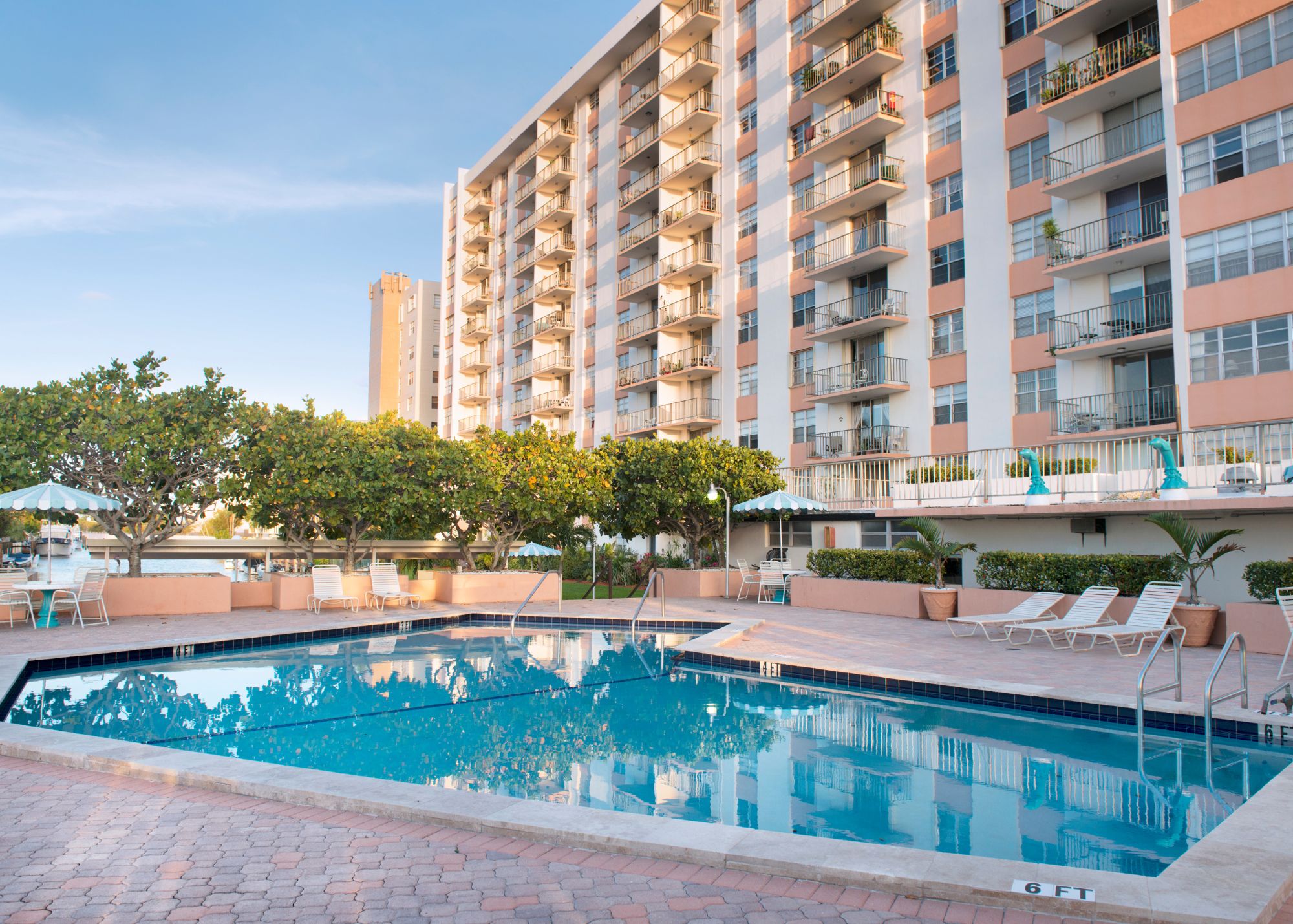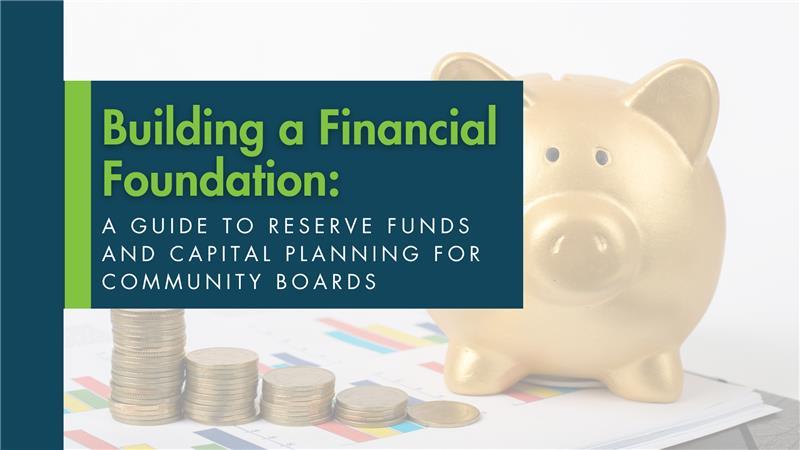Helping you understand community association business with industry leading insight.

You Got Your Structural Integrity Reserve Study – Now What?
In this session, we’ll guide managers and board members on how to take meaningful action after receiving a Structural Integrity Reserve Study, with a focus on practical implementation.
VIEW NOW
Florida Legislative Update: Structural Integrity Reserve Studies
On June 23, 2025, Governor DeSantis signed into law House Bill 913, which clarified and updated various facets of legislation surrounding Structural Integrity Reserve Studies (SIRS). The bill, which focuses on condo safety and financial relief, may have a direct impact on condominiums that are required to conduct a SIRS.
READ MORE
Capital Planning in Times of Economic Uncertainty
This webinar covers essential strategies for building a solid financial foundation for community associations, focusing on reserve funds and capital planning.
VIEW NOW
The Impact of Reserve Studies on Property Value
Reserve studies are integral to the health and sustainability of any community association, but they aren’t just a capital planning tool – they play a direct role in influencing condominium and HOA property values.
READ MORE
Navigating Legal Requirements for Reserve Studies: State by State
Whether you’re a community association manager, board member, or resident, having a firm grasp on the legal requirements for reserve studies and reserve funds in your state is crucial to your community’s wellbeing.
READ MORE
Hidden Costs of Underfunded Reserves – Florida Condo Lessons
Florida’s real estate challenges are not just a local issue—they are a lesson for us all. Underfunded reserves aren’t just a budgeting issue—they threaten community safety, financial stability, and long-term property values. By investing in their community today, associations can ensure a prosperous future.
READ MORE
How Do You Define Adequate Reserves?
Maintaining adequate reserve funds is crucial to keeping any community association running smoothly. But, what exactly are adequate reserve funds, and how do they impact the board, managers, and residents?
READ MORE
Building A Financial Foundation
This webinar covers essential strategies for building a solid financial foundation for community associations, focusing on reserve funds and capital planning.
VIEW NOW
How Often Should A Reserve Study Be Done?
Updating your association’s reserve study is essential for the financial and physical wellbeing of the property and residents alike. Updates keep funding plans and repair and replacement schedules on track, and current and future homeowners will benefit from stable, equitable reserve contributions.
READ MORE
Trees and Landscaping: Operating or Reserve Expense?
The Community Associations Institute’s Reserve Study Standards do not present a minimum cost threshold for
READ MORE
Effective Stormwater Management: The Role of Ponds in Communities
When it comes to stormwater management, it is incredibly important that associations have a system in place to avoid flooding in any area. Enter: ponds!
READ MORE
Florida Reserve Funding Methods: Component, Cash Flow & Switching
Funding using the component method was legally required in Florida for decades, but since the administrative code was adjusted in 2002, many associations have adopted the cash flow method, or pooled reserves. So, what are the component and cash flow methods, why would an association choose cash flow, and how do they make the switch?
READ MORE
Residential Roof Essentials: Types, Maintenance, and Best Practices
Roofing systems are one of the most valuable components of your property, and they sure do take a beating to ensure that you remain sheltered. So, when it comes time to take care of your roof, what do you need to know, and what can you do to protect it?
READ MORE
Securing Capital – Financing Association Projects
This webinar covers essential strategies for financing association projects, especially when reserves are insufficient.
VIEW NOW
Reserve Funds: Don’t Be Scared to Use Them!
Reserves, like any other savings fund, often have too little money at any given time, leading to issues such as special assessments or deferred maintenance. But unlike retirement accounts, which benefit from having as much cushion as possible, it is possible that reserve funds contain too much money.
READ MORE
Mitigating Financial Risk: Reserve Studies, Lending, and Insurance
In the ever-evolving landscape of community associations, one trend is becoming increasingly apparent: lenders and insurers are focusing on reserve studies. Traditionally overlooked and used as an internal planning tool, reserve studies are now capturing the attention of external individuals and institutions, particularly lenders and insurance companies.
READ MORE

